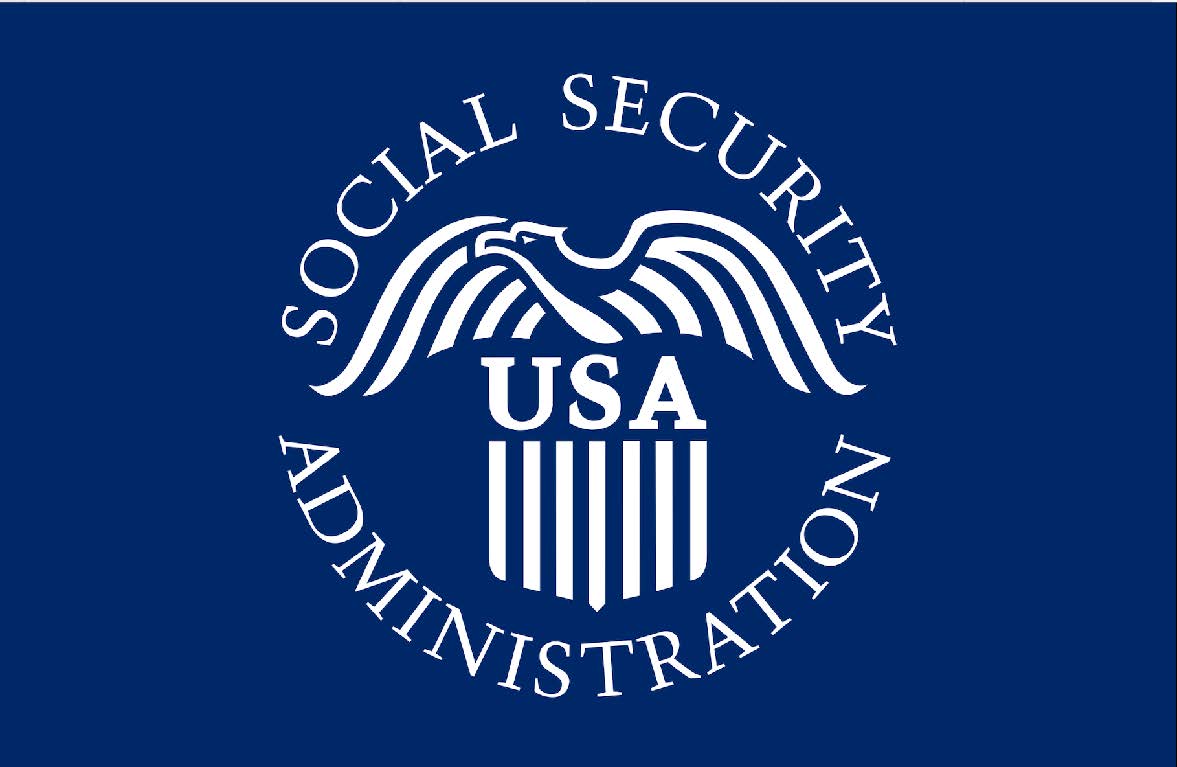Agency outlines measures to protect $1.5 trillion in annual benefit programs, stepping up enforcement of President Trump’s directive to block undocumented immigrants from receiving Social Security benefits amid growing scrutiny of eligibility oversight
WASHINGTON — The Social Security Administration (SSA) has begun implementing a series of sweeping actions in response to President Donald Trump’s April 15 memorandum, “Preventing Illegal Aliens from Obtaining Social Security Act Benefits.”
The directive reinforces longstanding federal prohibitions on benefit access for undocumented immigrants and mandates stricter enforcement to prevent fraud and protect public funds.
“The Social Security Administration is dedicated to protecting the vital benefits that American workers have earned on behalf of themselves and their families,” said Acting Commissioner Leland Dudek. “We are committed to working diligently to implement the President’s memorandum and to ensure that benefits are paid only to those who should receive them.”
Key Measures Now in Motion
The SSA is rolling out several initiatives under the President’s order, including:
- Fraud Prosecution Expansion
At least 50 U.S. Attorney’s Offices will be assigned Special Assistant U.S. Attorneys by October 1, 2025, to prosecute Social Security-related identity theft and benefit fraud cases. - Targeted Data Audits
The SSA is actively investigating earnings reports tied to individuals aged 100 or older where records do not match, flagging potential identity misuse or posthumous fraud. - Civil Monetary Penalty Program
The agency is reviewing the reinstatement of civil penalties for individuals or organizations found guilty of providing false information or defrauding Social Security programs. - Eligibility Verification for Noncitizens
The SSA is reinforcing protocols to ensure only noncitizens who meet all statutory requirements—such as lawful immigration status, authorized work history, and proper documentation—can receive benefits.
Together, these steps aim to fortify the administration of three major federal benefit programs under the Social Security Act, which collectively disbursed approximately $1.5 trillion in fiscal year 2024 to more than 70 million recipients.
‘Death Master File’ Action Draws Fire
One of the most controversial moves to date involves adding more than 6,300 predominantly Latino immigrants to the SSA’s Death Master File—a database typically reserved for deceased individuals. Those listed are barred from receiving federal benefits, including Social Security, Medicare, Medicaid, and unemployment insurance.
Administration officials argue that these actions are designed to deter fraud and remove ineligible entries from federal databases. However, civil rights advocates contend the move is discriminatory and could result in lawful immigrants and even U.S. citizens being wrongly denied benefits.
Expert Concerns Over Justification and Scope
Policy analysts and former SSA officials note that fraud by undocumented immigrants within the Social Security system is statistically rare. Kathleen Romig, Director of Social Security and Disability Policy at the Center on Budget and Policy Priorities, emphasized that undocumented workers contributed over $25 billion to the Social Security Trust Fund in 2022 without eligibility to claim benefits.
“There’s a risk of causing harm to legal residents and U.S. citizens in the name of fraud prevention,” said Romig. “This memorandum may have unintended consequences that reach far beyond the undocumented population.”
Broader Enforcement Climate
The SSA actions coincide with a broader immigration and enforcement push under President Trump’s second term. The administration has recently revoked parole status for migrants using the CBP One app, expanded IRS data-sharing with Immigration and Customs Enforcement (ICE), and introduced aggressive policies aimed at encouraging “self-deportation.”
These actions have drawn criticism from immigrant rights groups, who warn that overly broad implementation of administrative powers could infringe on civil liberties, including due process, and sow fear in immigrant communities.
Additionally, SSA policy changes may affect vulnerable U.S. citizens whose benefits are managed by representative payees—some of whom may be undocumented. Eliminating those payees could lead to delayed or suspended payments for children, seniors, and disabled individuals.
Understanding the Programs at Stake
The SSA oversees three primary programs:
- Old-Age and Survivors Insurance (OASI): Provides retirement and survivors benefits to 59 million Americans, totaling $1.3 trillion in FY 2024.
- Disability Insurance (DI): Offers monthly support to over 8 million disabled workers and their families, totaling $157 billion last year.
- Supplemental Security Income (SSI): Delivers $56 billion in monthly assistance to 7.4 million low-income seniors and individuals with disabilities.
The agency also supports Medicaid, Medicare, and other federally administered programs requiring identity verification.
Turning Point in Federal Benefit Oversight
With the Social Security Administration executing aggressive new verification measures, April 17, 2025, marks a pivotal shift in how the U.S. polices access to its largest federal benefits programs. Supporters hail the move as a necessary measure of fiscal responsibility and fraud prevention. But civil rights advocates caution that the new policies could unintentionally penalize lawful residents and destabilize vulnerable households—raising urgent concerns about fairness, due process, and the long-term trust in government-administered programs.
For More Information:






